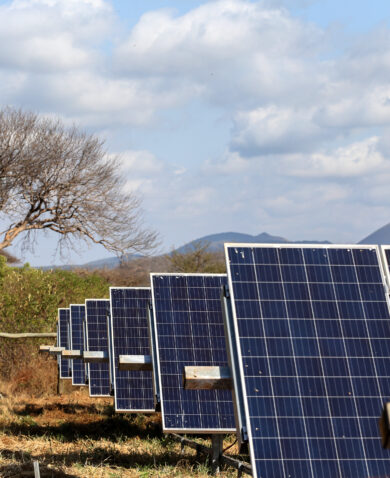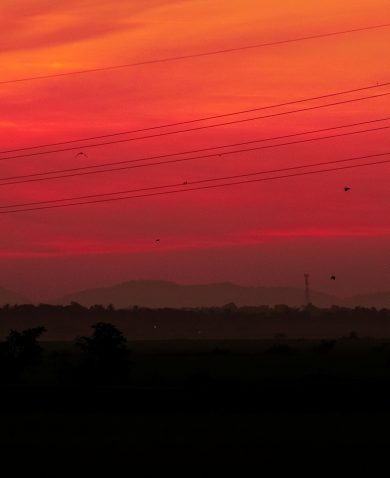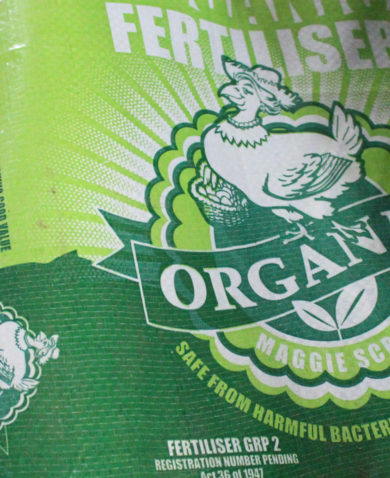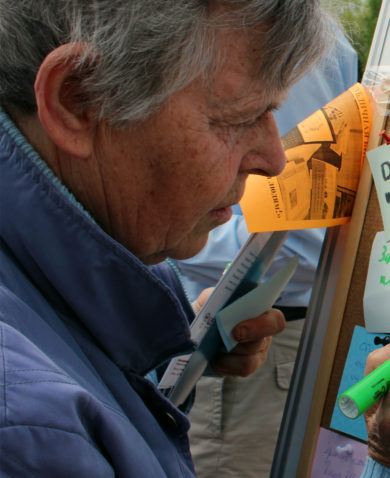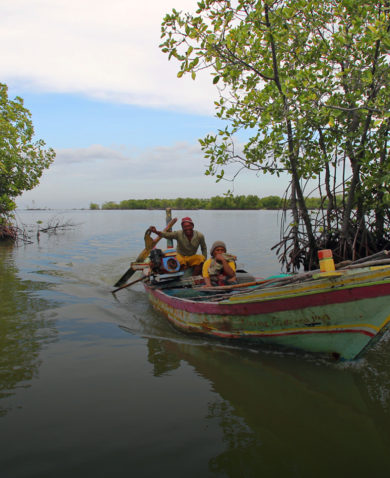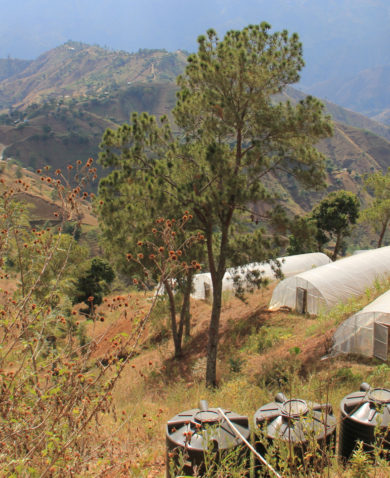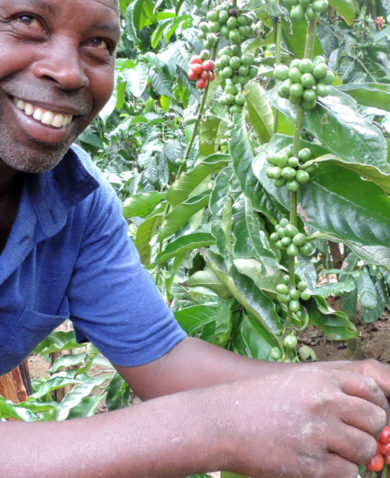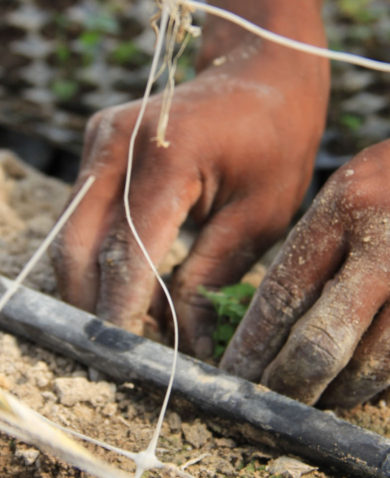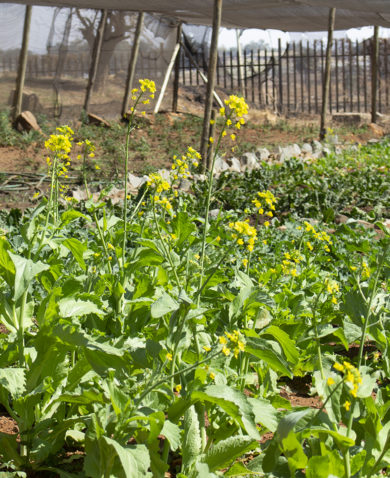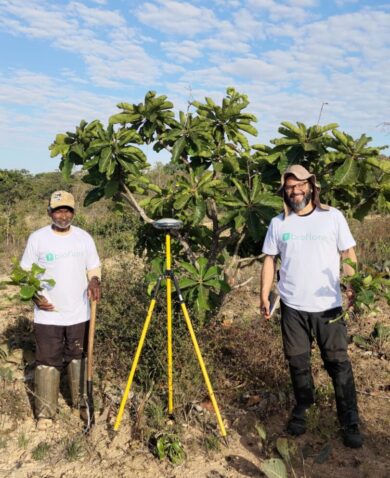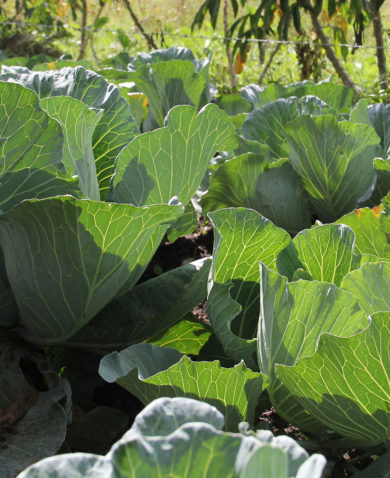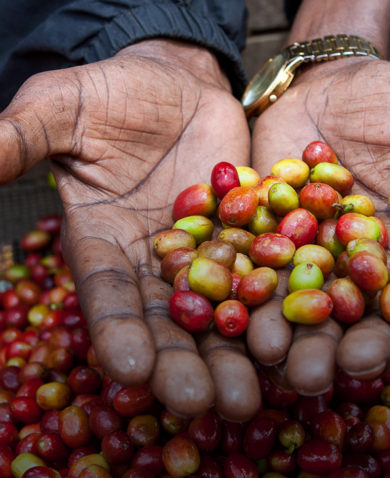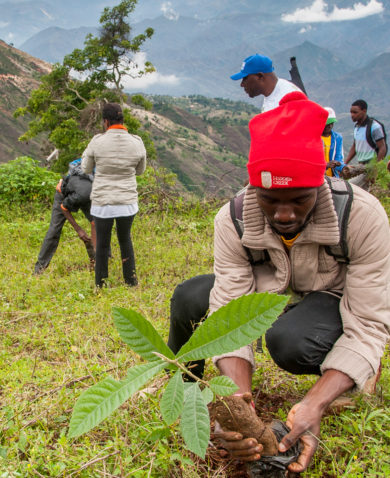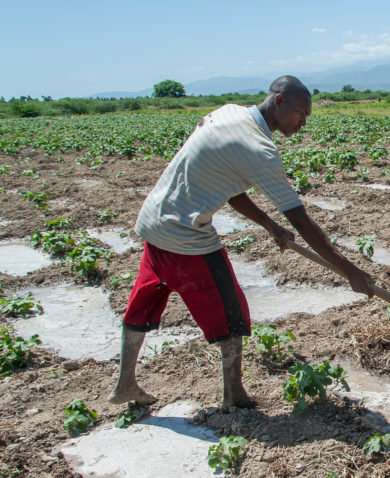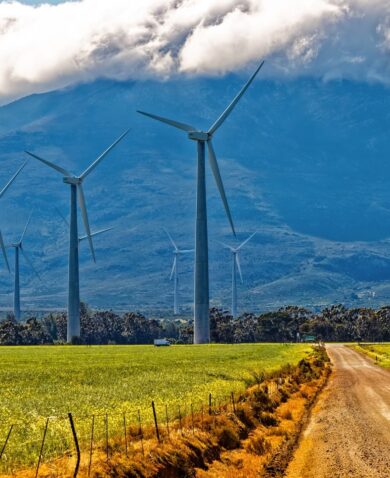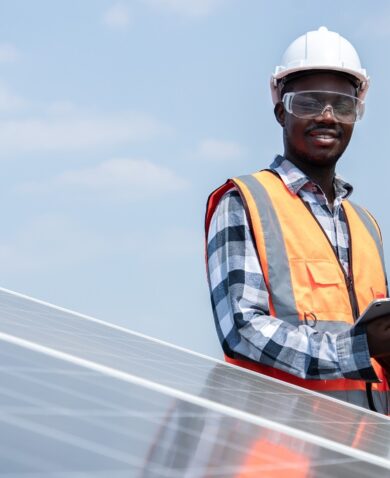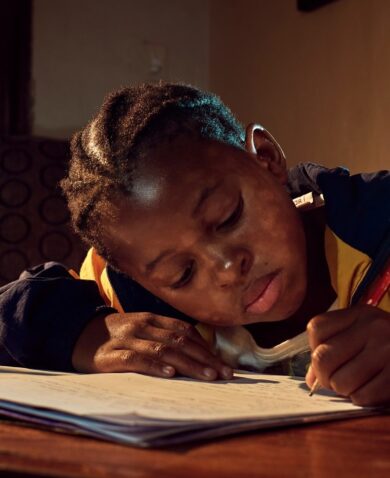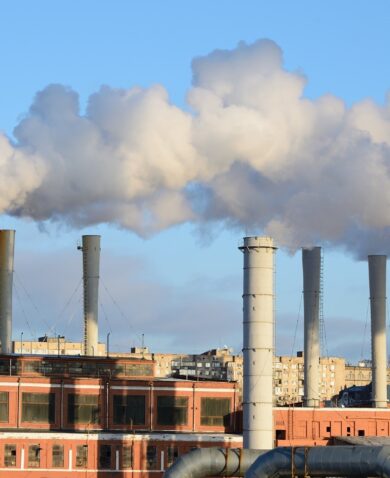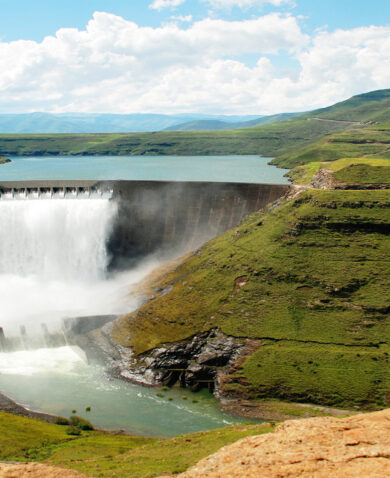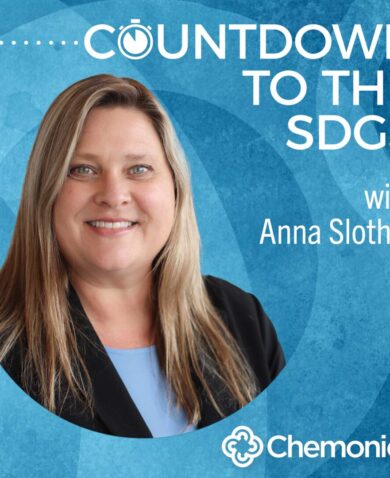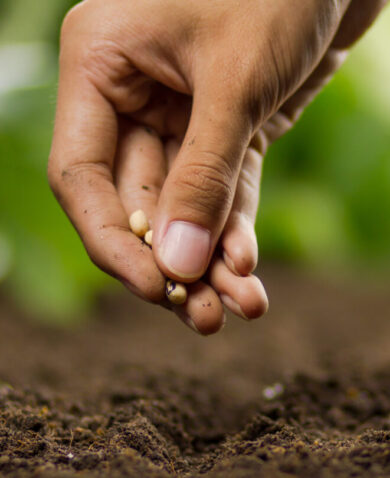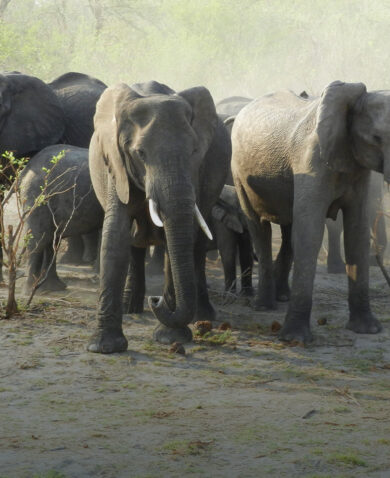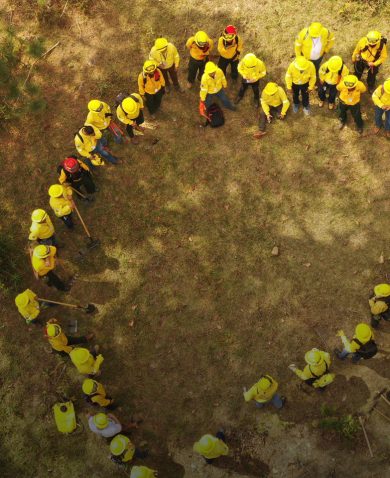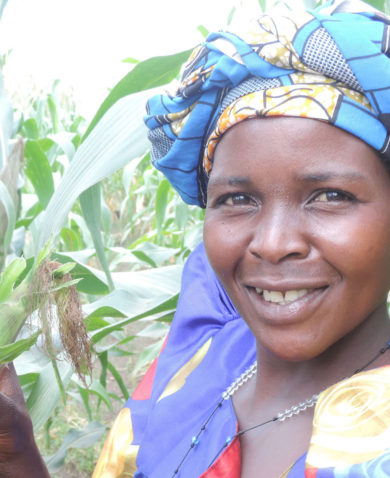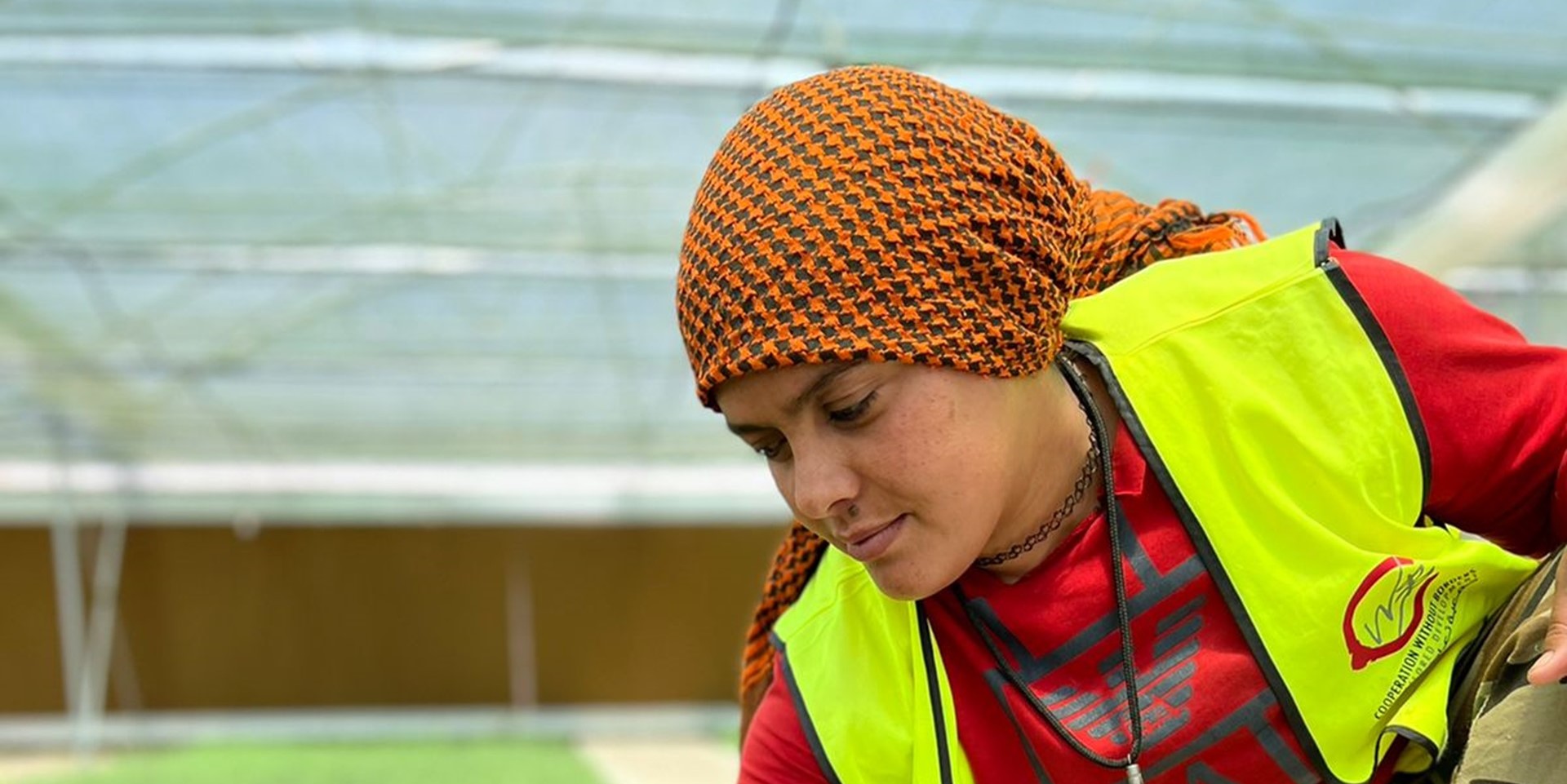
USAID’s Climate Strategy in Action: Expanding Seedling Production in Lebanon Amidst Climate Change
April 24, 2024 | 2 Minute ReadIn a blog originally written for Climatelinks, we share how USAID’s Lebanon Community Support Program, implemented by Chemonics, is leveraging renewable energy to support communities reliant on agriculture.
The Baalbek-Hermel Governorate in the Beqaa region is one of Lebanon’s most vulnerable communities. The area’s approximately 130,000 residents, of which 55,000 are refugees, rely heavily on agricultural production for their livelihoods, which is increasingly threatened by socio-economic pressures and climate change.
Since 2019, skyrocketing inflation amidst the country’s ongoing socio-economic crisis has placed increasing strain on local farmers as they struggle to purchase crop seedlings, resulting in diminished incomes. The economic crisis also led to an electricity crisis that decreased state-provided electricity to around two hours per day, limiting farmers’ abilities to properly irrigate the seedlings they could afford to purchase. These impacts, coupled with the increasing impacts of climate change that threaten the crops that make it past seedlings, mean small-scale farmers are facing rising agricultural production challenges leading to food insecurity and growing communal tensions over limited income-generating opportunities.
To address these impacts, improve the region’s agricultural sector, and support local farmers, Cooperation Without Borders (CWB), a non-profit organization, is operating a nursery to provide small-scale farmers with organic vegetable and aromatic seedlings at affordable prices. Since the start of its operations in 2020, CWB produced 4 million seedlings, which increased to 10 million in 2021.
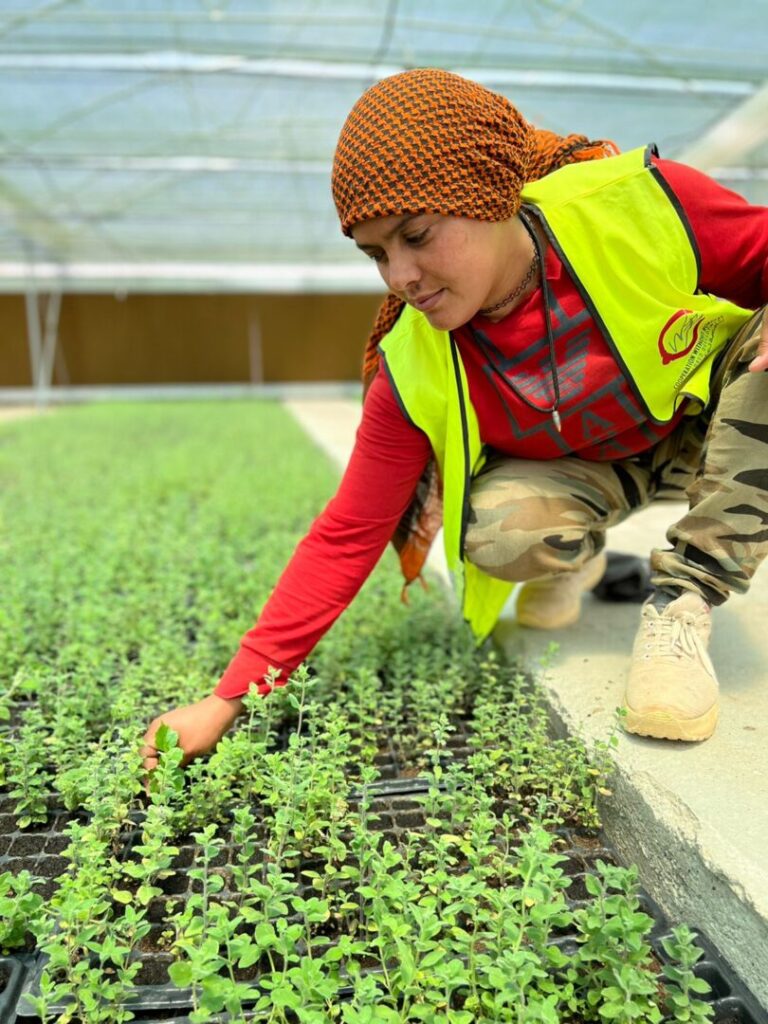
This blog is part of the USAID’s Climate Strategy in Action series. It expands on a winning photo from the 2023 Climatelinks Photo Contest to highlight how USAID is confronting climate change across sectors. Read the full blog here.
Banner image caption: A new greenhouse, climate-controlled germination room, and germination machine have expanded seedling production capacity in the Beqaa region of Lebanon. The photo was taken by Hassan Tabikh.
Posts on the blog represent the views of the authors and do not necessarily represent the views of Chemonics.



